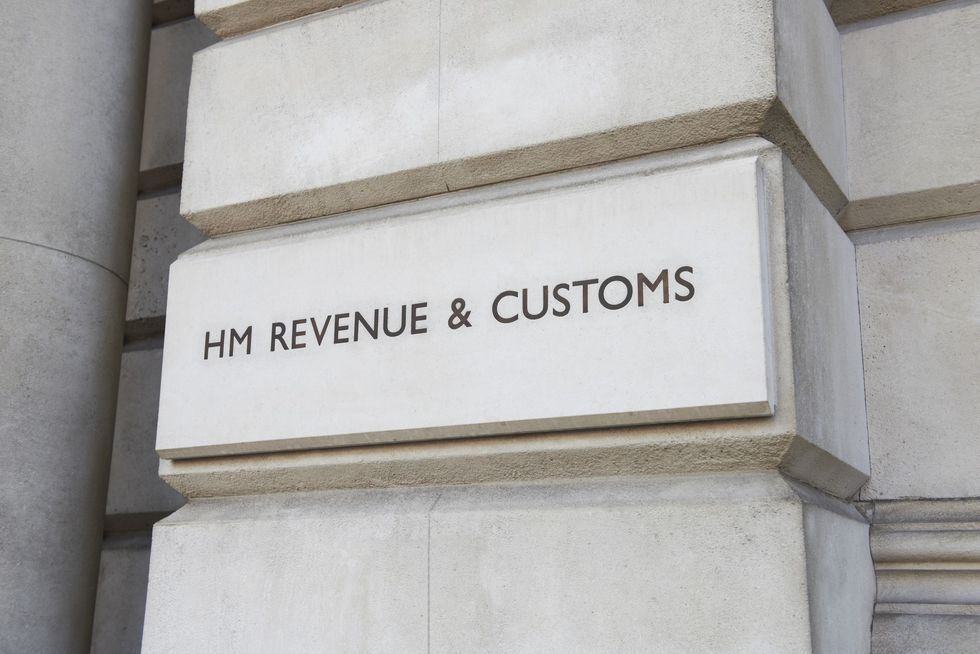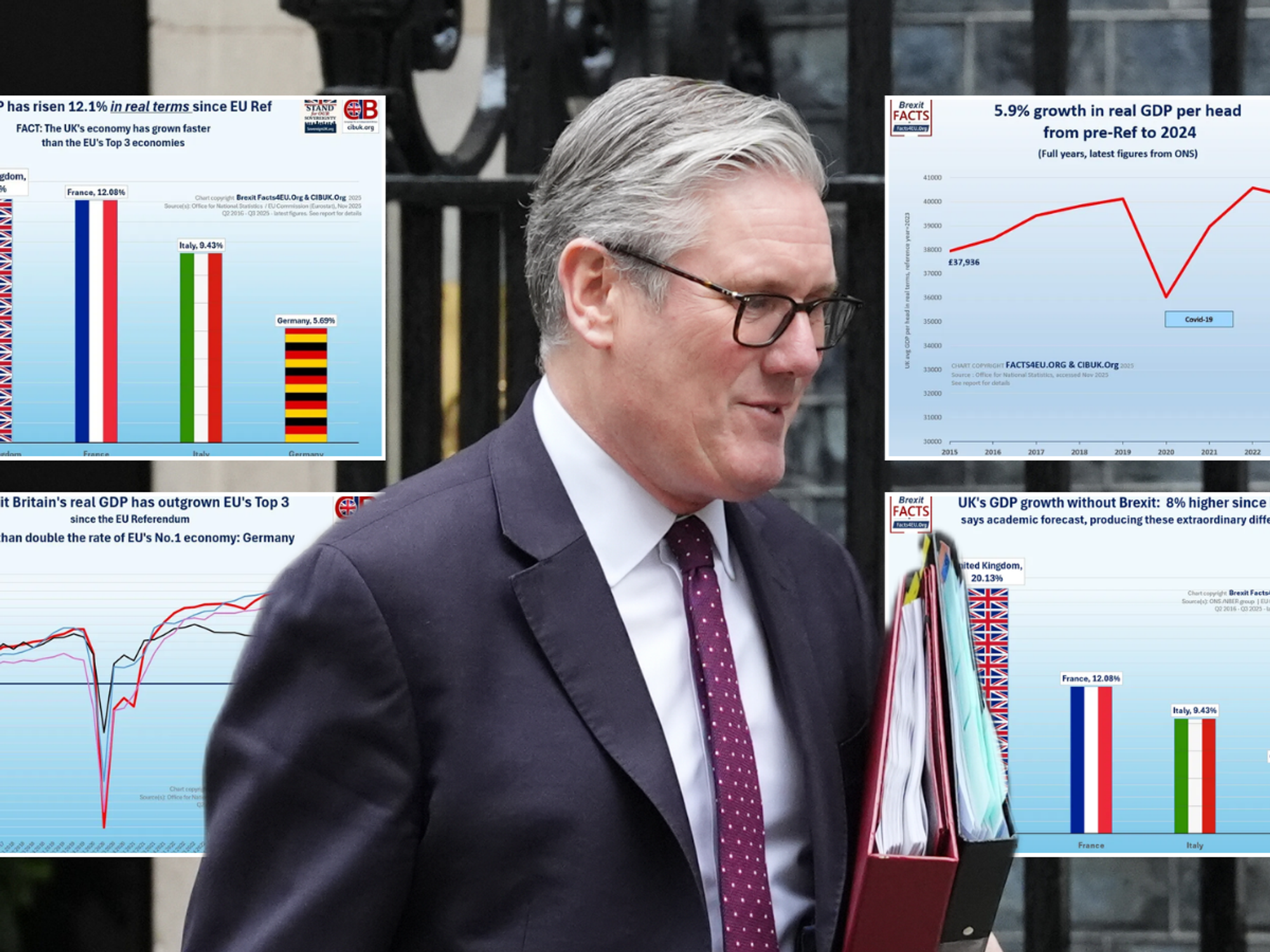Inheritance tax warning as families have just months to pay bill once loved one passes away - 'timing is crucial'

HM Revenue and Customs (HMRC) will charge interest if a family does not pay inheritance tax by the due date
| GETTY
HM Revenue and Customs (HMRC) will charge interest if a family does not pay inheritance tax by the due date
Don't Miss
Most Read
Britons are warned they must pay inheritance tax (IHT) by the end of the sixth month after a person has died.
Without effective planning, families could be left to sell off assets just to pay the bill without being charged interest.
IHT needs to be paid before probate is granted, and probate is required before most companies will release any assets.
Probate is the legal process of administering someone's estate after they've passed away. It involves identifying assets, settling debts, and distributing what's left according to the will or law.
While probate isn't inherently expensive, complex estates or family disputes can drive up costs.
Dealing with inheritance tax and probate can feel like navigating a maze blindfolded. But with the right guidance and planning, an expert has stated, it doesn't have to be "a burden that breaks the bank".

Britons are warned they must pay inheritance tax (IHT) by the end of the sixth month after the person died
| GETTYSteven Kibbel, financial advisor at Prop Firm App explained to GB News that inheriting assets from a loved one is a bittersweet experience—one that brings a mix of gratitude and sorrow.
However, amidst the grief, there are also practical considerations to address, including the looming matter of inheritance tax.
He said: "When it comes to paying inheritance tax, timing is crucial. Typically, families need to settle this bill within six months of their loved one's passing. For example, if someone dies in January, the tax is due by the end of July.
"However, I understand that coming up with a substantial sum in such a short time frame can be daunting."
Some assets are accessible prior to probate to pay the bill. National Savings and most banks will pay money directly to HMRC to settle the bill.
Also any investments held in trust are controlled by the trustees and are not part of the estate. They too can often also be used to pay the liability.
Thinking in advance about which assets would be available and whether they would cover the liability can save a lot of administrative hassle and avoid the cost of borrowing to pay the bill.
However Kibbel explained a way that Britons can pay smaller amounts over time.
He continued: "The good news is that HMRC does offer some flexibility. In my experience advising clients, I've found that payment plans can be a lifesaver for many families.
"These plans allow you to spread the cost over 10 years, which is interest-free in most cases. It's like having a weight lifted off your shoulders during an already stressful period."
The finance expert often recommends life insurance to cover the inheritance tax in situations where the family may struggle to pay.
The "smart move" allows families to set up a whole-of-life insurance policy held 'in trust' which can protect their family's assets from being sold to pay the inheritance tax bill.
The payout goes directly to ones beneficiaries, bypassing their estate, which means it won't be subject to inheritance tax itself.
Kibbel said: "This approach can save your loved ones from having to sell cherished assets during an already difficult time. Of course, you need to keep up with the premiums, but in my view, the peace of mind is worth it.
"Remember, though, that this is just one tool in the inheritance planning toolkit. I always advise sitting down with a professional to tailor a plan to your specific circumstances.
"Dealing with inheritance tax and probate can feel like navigating a maze blindfolded. But with the right guidance and planning, it doesn't have to be a burden that breaks the bank.
"My advice? Start planning early, explore your options, and don't be afraid to seek professional help. After all, when it comes to your family's financial future, it's better to be safe than sorry."







